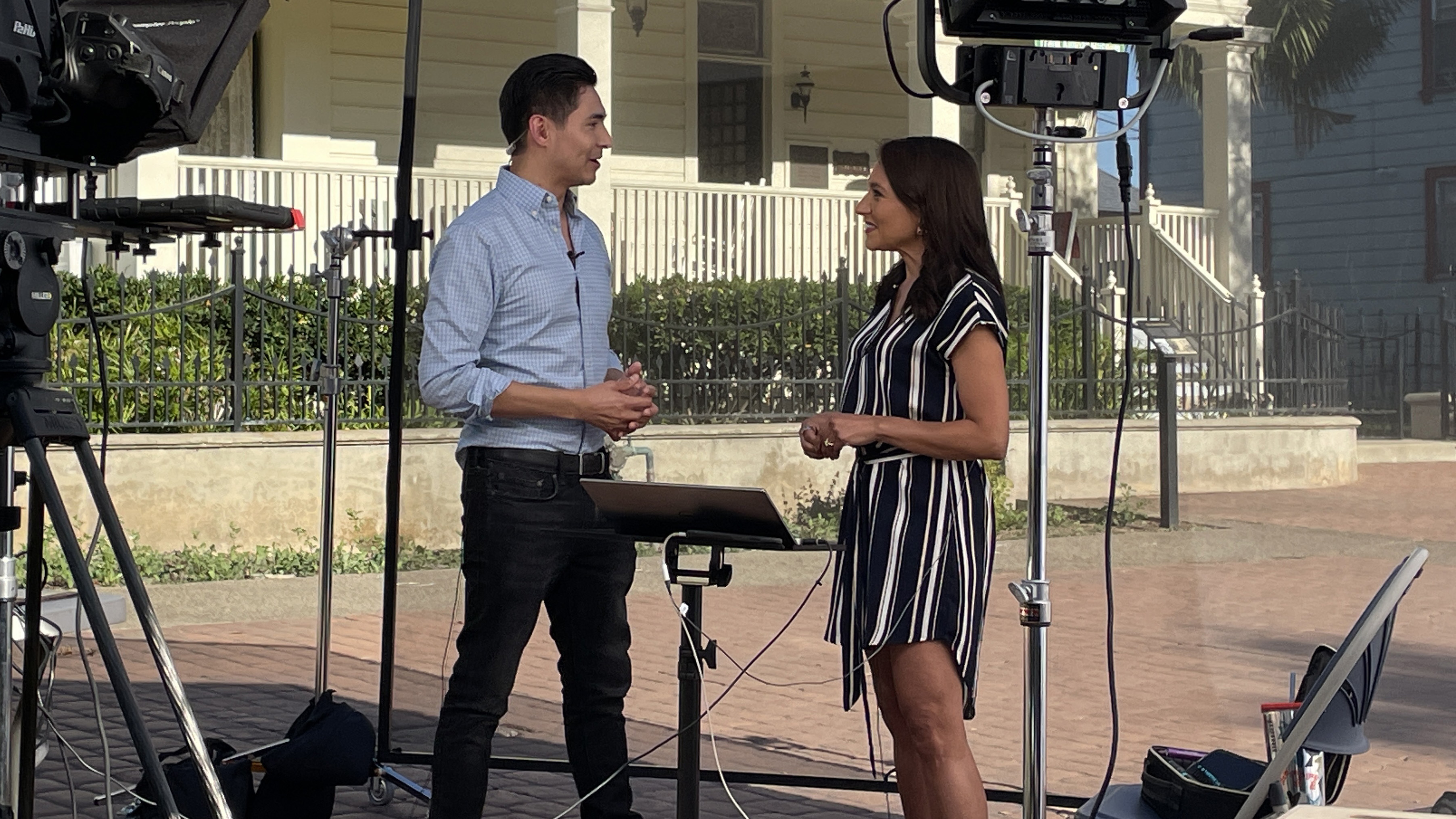Explosives and weapon blasts, including from a soldier’s own hands, can damage their brain health. New and emerging research has pushed the Department of Defense and Veterans Affairs to focus on monitoring and mitigating traumatic brain injuries, and their impact on mental health.
We have heard about the hits on football fields that can lead to concussions and traumatic brain injuries and now there is close attention to the blasts on battlefields, and how they can damage brain health too.
They’re called low-level blasts, generated from firing heavy weapon systems or explosives. And exposure does not typically result in a clinically diagnosable concussion. Symptoms include concentration and memory problems, slowed reaction time, difficulty hearing and headaches, to name a few.
Dr. Christopher Romig, with the Stella Center in Orange County, is well aware of the impact of LLB exposure and has no doubt it's connected to veterans suffering from PTSD, depression and anxiety, like his patients now.
Get San Diego local news, weather forecasts, sports and lifestyle stories to your inbox. Sign up for NBC San Diego newsletters.
“Especially we see a lot in special operators like navy seals, green berets an then just the regular veteran population,” said Romig. “Every aspect of their life is affected, from sleep to diet, nutrition, their interaction with the world around them, loved ones.”
Romig uses cutting-edge treatments like ketamine infusions, virtual reality and what’s called a stellate ganglion block, a numbing shot to the sympathetic nerves in the neck that regulate the fight or flight response.
“So somebody that has trauma, they’re always on edge. Their heart rate is up, waiting for that saber tooth tiger to kind of jump on their back,” said Romig.
Local
The military health system and defense health agency have created an outreach program and website raising awareness about symptoms, education and treatment to care for the soldier. Up until now, research focused on how weapons and munition affected ears and lungs.
“I’m glad that it's becoming more on the news, more on the forefront of treatments. Because I think the things that are out there can really be game changers for all of these veterans that are suffering,” said Romig.



